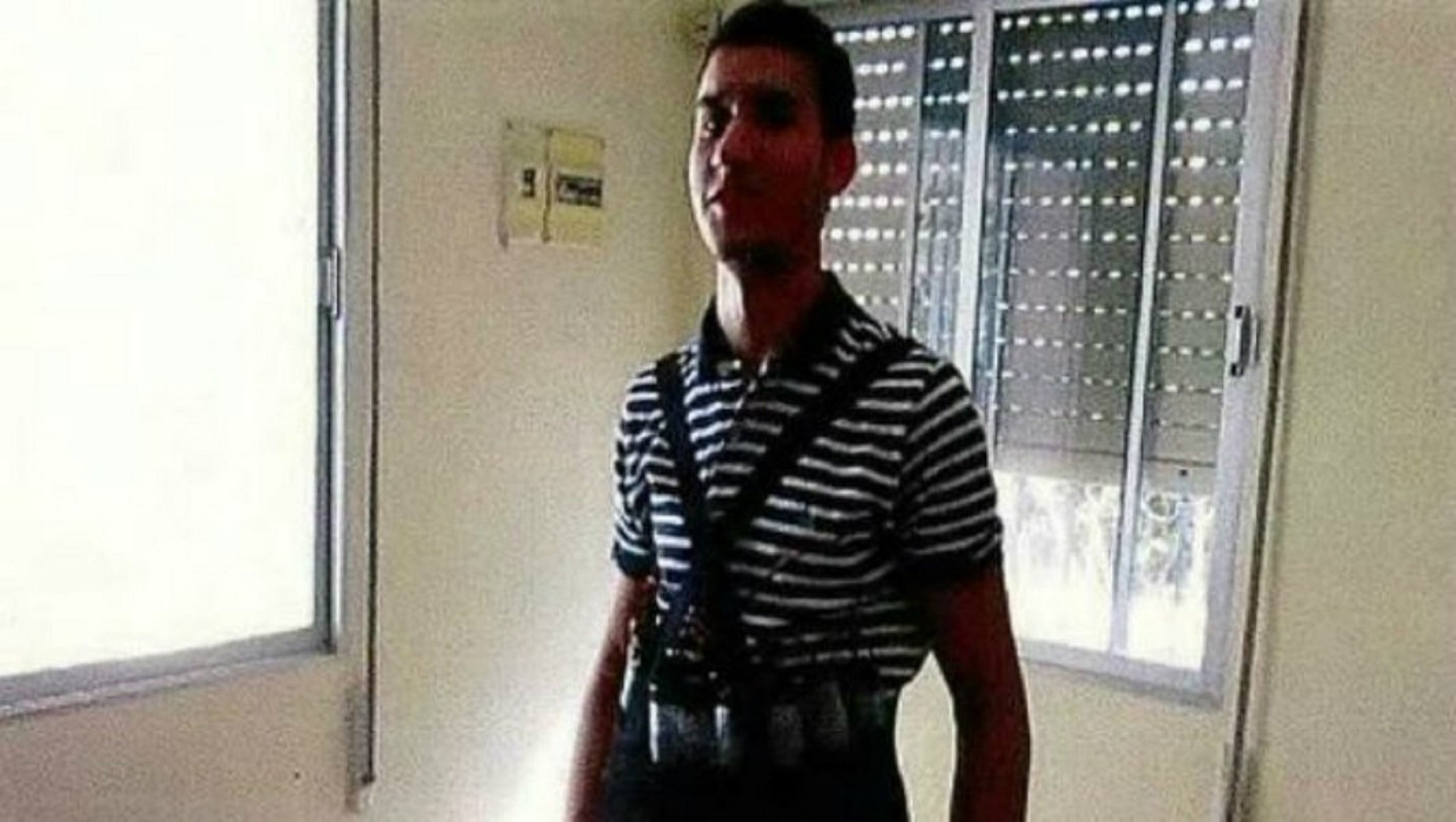Spanish intelligence services were listening in to the telephone conversations of the terrorists who caused murder and mayhem on Barcelona's Rambla just five days before the August 17th 2017 attacks. Following yesterday's revelations from the digital newspaper Público.es, a new article now gives evidence that Spanish spies were listening and taking records of all the mobile phone conversations of the future authors of the attacks very shortly before they occurred.
Among the information contained in one of the unreleased reports from Spain's CNI intelligence service, which Público obtained, is a paragraph containing an accidental revelation. It unwittingly shows that the CNI were closely monitoring the young members of the terrorist cell, disciples of the imam Abdelbaki es Satty - not just registering the calls they made, but actually listening to them. The report in question details the trip to Paris by two of the terrorists: Omar Hichamy, later shot dead by police in the Cambrils attack, and Younes Abouyaaqoub, the material author of the Rambla van attack which left 13 dead.
The trip took place on August 11th and 12th, 2017. Just four days after returning, the house at Alcanar where the group was manufacturing its bomb materials exploded, and one day later, the improvised van attack in Barcelona took place as a deadly substitute for the even more massive bombing that was planned. That lightning trip to Paris before they carried out their slaughter was monitored, minute-by-minute, by the Spanish secret services.
The CNI's notes
According to Público, these are the details that appear in the CNI report:
"... they both left Spain by the Aragnouet border crossing [which crosses the Pyrenees to France from Bielsa in Aragon] on 11.08.2017 at 11:36h. To do this, they used the aforementioned A-3 [in reference to the Audi A3 that the killers drove]".
"On 11.08.2017 they arrived at 20:22h in Paris, where they stayed at the B&B Malakoff, located in the district of the same name on the outskirts of the French capital."
In addition to their movements, the intelligence service agents also carried out monitoring of their mobile phones, as they were able to access all the calls and internet searches the men made:
"Omar Hichamy searched on the Internet that same day for the Hotel Hibiscus (66 Rue de Malte, 75011 Paris), where they did not stay in the end. However, no similar search for the B&B Malakoff was detected."
"Two communications made by Mohamed Hichamy [brother of Omar and also part of the terrorist cell] indicate that he knew the details of the trip, as he made a call when Youness and Omar were at the hotel, and another the next day, before they recrossed the Franco-Spanish border. Also, he waited for their return the next day to meet them".
"The conversations took place using the mobile lines associated with both Omar and Youness, but the conversations ended up being, on both occasions, between Mohamed Hichamy and Younes Abouyaaqoub, who cut sentences short so as to not reveal details of their specific activities."
Why were they being tracked?
The tracking was so close that it even noted the number of minutes the car was parked in a carpark while they were shopping for "a Canon camera, purchased for €129", from a FNAC store in the French capital. The CNI report also noted that the two youths had been in the area of the Eiffel Tower and had given false identities.
So why, asks Público, was this monitoring so intense when the men were "still not identified by the CNI as being a terrorist cell in its documents", and the only link that the CNI could have with them was their informant, the imam Satty? The imam did not take part in the conversations monitored, which also confirms that it was the phones of the young people which were actually bugged, rather than their mentor. And the newspaper concludes that it must have been the imam himself, as a confidant of the secret service, who had informed his bosses in Spanish intelligence about the activities of the so-called "Ripoll cell", and for this reason they were listening in.
Thus, the imam and the intelligence agency may have been playing a double game of a type in which, as an unnamed police officer told Público, "you are never really sure who is working for whom".
A few days later, 15 innocent people were dead, over a hundred more injured, and Catalonia had been thrown into a condition of political and social vertigo.

